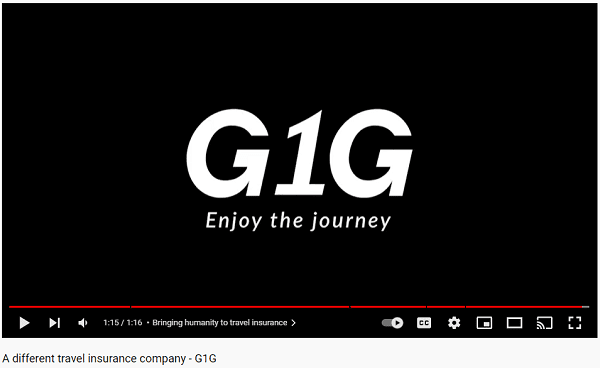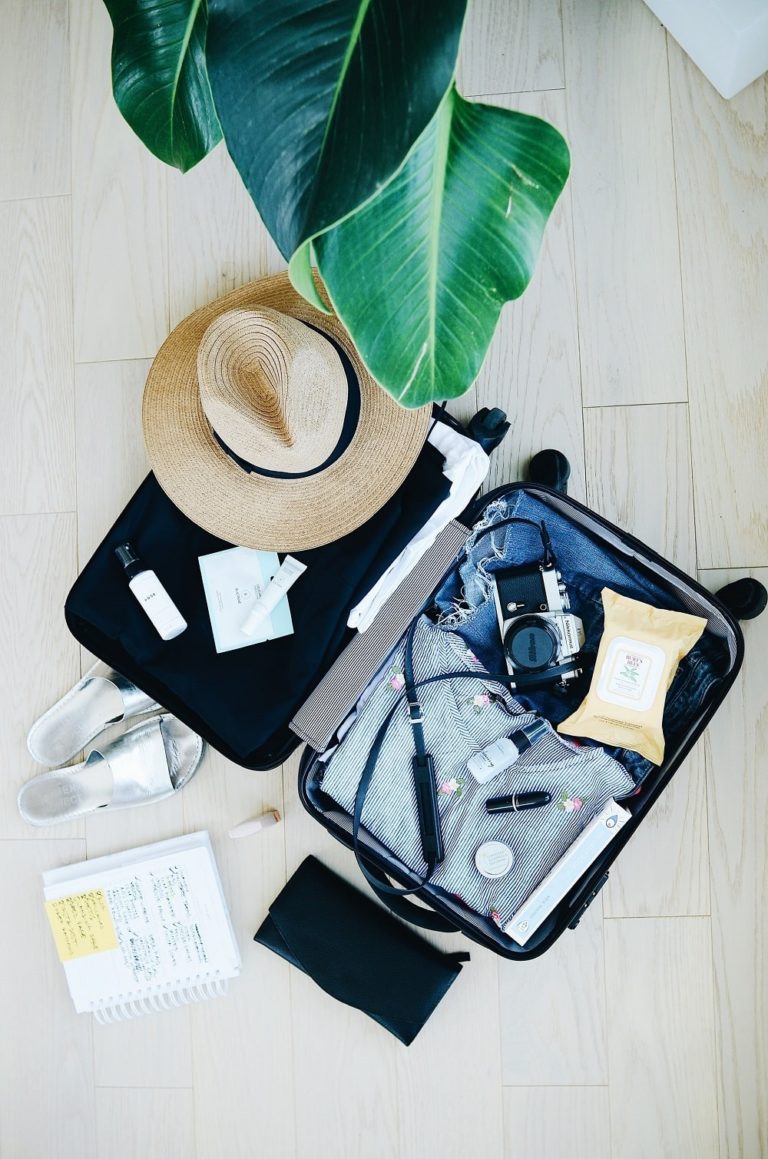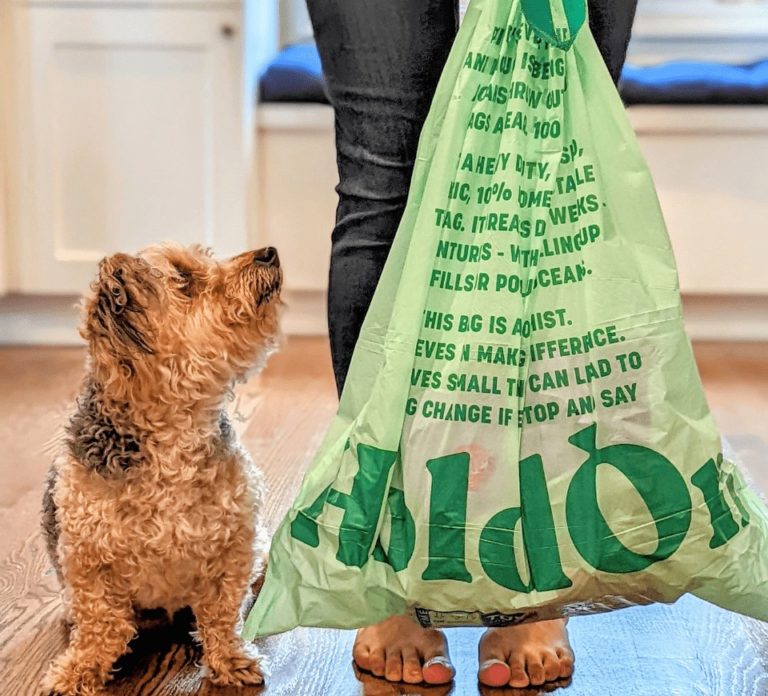Do You Really Need Travel Insurance?
This may come as a shock, but there have only been a few times when I have purchased travel insurance. Somehow, by the grace of the travel goddesses, I have been fortunate (I feel like I should knock on wood or do some good deed now that I have said that out loud).
Before the Covid-19 pandemic, I honestly never really thought about it—I figured I was healthy, I wasn’t traveling with major electronics, and I didn’t fear (naively) that something would happen to throw all of my trip plans out the window. Well, needless to say, maybe like some of you reading this, my outlook has changed after what we have been through with Covid-19.
But even though I have traveled a fair amount and can help with a whole litany of travel concerns and questions, I am a travel insurance novice. So, I brought in an expert for my benefit, and yours!
Amanda Hand is the Content Marketing Manager for G1G Travel and has been helping travelers figure out travel insurance woes for over seven years (and, is also a fellow vegan!). I sat down with her to see why we really need travel insurance, what to look for in plans, and hear a little about G1G’s plans.
A few of the links in this guide might be affiliate links. The small commission helps me keep producing awesome content for you!
The Importance of Having Travel Insurance
RGS: Welcome, Amanda! Thanks for joining me today; let’s kick off with when do you need travel insurance?
AH: Almost always!
Travel insurance is a good idea if you are investing in your trip, whether domestic or abroad. It is an absolute necessity if you’re traveling internationally.
RGS: Ok, so you said, almost always, does that mean there are times when you can skip it?
AH: Policies vary in coverage. A travel medical policy is designed to cover unexpected medical expenses, while a trip cancellation plan is intended to cover the traveler’s medical costs, trip, and stuff.
Every plan has a list of benefits and within that list are what’s known as “covered reasons.” These covered reasons list out what triggers coverage for the benefits purchased. So, if you bought a trip cancellation plan, you’d want to look at your travel insurance policy to see the covered reasons for trip cancellation. Ideally, you want to do this early in the purchasing process. An example of a covered reason is an illness or injury that prevents you from traveling due to medical restrictions.
Some things are never covered by trip insurance. They are policy exclusions; these include “fear” of travel (example: being afraid to get Covid-19 but not actually getting sick before the trip), border closures, and anything that isn’t listed as a covered reason.
RGS: What if you’re a US citizen and traveling within the US, do you only need coverage for your valuables, flight, and lodging (excluding health coverage)?
AH: I would say no— you should get a trip protection plan designed with secondary medical coverage. Medical coverage is often one of the most affordable benefits included in a trip protection plan and has less impact on pricing than the travel benefits. By getting secondary coverage, you’re able to have any co-pays, co-insurance, and deductibles covered should you need it. Additionally, trip protection covers ambulatory services more extensively than they are by many (not all) US health insurance plans.
RGS: What if you have a pre-existing condition, can you still get health coverage?
AH: Yes! You can still get coverage. The type of coverage you can get and how you qualify for coverage for the pre-existing condition will vary by plan. Travel medical plans only cover the acute onset of a pre-existing condition. That means you have to seek medical care within 24-hours of the onset of the medical issue, and it has to be life-threatening.
Trip protection or trip cancellation plans are a bit different. Pre-existing conditions are excluded from coverage for things like trip interruptions and cancellations unless you qualify for what’s known as the pre-existing conditions exclusion waiver—I know, a mouthful.
With this waiver, you CAN have coverage for cancellations, interruptions, and medical expenses if they stem from pre-existing conditions. But, you have to buy your plan within a specific window of time after booking your trip—either within 21 days of the first trip payment or by the final payment date. You also have to be medically able to travel per doctor’s orders at the time of purchase, and some plans require you to cover the total cost of your trip.
RGS: In light of the pandemic, do you have to watch for certain things when choosing coverage?
AH: Absolutely! You want to make sure Covid-19 is treated like any other disease or illness. That way, you know what coverage is applied for medical expenses, trip cancellations and interruptions, travel delays, and emergency medical evacuations if you get Covid-19 before or during your trip.
Look for quarantine coverage and try to understand how the plan covers it. Some plans require you to purchase additional coverage for hotel quarantines that don’t require medical attention, while others cover this under the medical expense benefit.
It’s highly dynamic, so you want to do a little research and talk to an expert if you have questions.
RGS: If you get sick with COVID-19 while traveling, are your health care and additional travel costs covered with most policies?
AH: That will depend on whether Covid-19 is treated like any other disease or illness, but the answer is yes with all plans we offer. I can’t speak for other companies.
RGS: So, I have seen a lot of talk about travel insurance not covering you if you travel to a country listed as Level 4 “Do Not Travel” by the State Department, will your plans?
AH: That depends. There are certain countries that many plans won’t cover, like Yemen, Afghanistan, Somalia, and Iraq. This is typically due to levels of military activity. The U.S. State Department has its own unique way of creating these recommendations and can include the biases of whatever administration is in power.
We’ve worked really hard to account for these biases in our risk assessment here at G1G. ITIRA, our AI bot, scans safety recommendations from several countries, so we’re not wholly reliant on the U.S. Department of State for these recommendations as they are often highly politicized. It then recommends a plan that will work for the country the traveler is headed to, so long as one is available, which is the case with most countries.
RGS: But, say it’s a level 4 because of Covid-19, can a traveler get a plan?
AH: It Depends. COVID-19 is a known event, so the underwriter might not cover this. The plan must always be bought to qualify for trip cancellation coverage when the travel threat is three or below. If there is no mention of COVID-19 in the advisory at the time of purchase and it’s a level 3, 2, or 1, then they might have coverage if it goes to level 4 due to Covid-19.
RGS: Ok, so say I head off for a vegan adventure in Barcelona tomorrow, and it’s a level 4 due to Covid-19, does that mean I can’t get any coverage?
AH: That’s just one of the covered reasons within a plan. Travel insurance still covers the individual/trip if the travel advisory is a level 4. It just doesn’t cover cancellations for that specific reason. Travel advisories/warnings are just 1 out of 31 covered reasons for trip cancellation. You still have 30 other covered reasons that might cause you to cancel your trip and get reimbursed for a claim, like if you get Covid-19 before the trip and can’t travel.
RGS: What if I have travel insurance coverage through my credit card or I bought coverage for my flight, is that enough?
AH: It can be, but you need to look carefully at the coverage and exclusions—many times, benefit limits are low. For example, many credit cards only cover up to $1,000 in medical expenses and up to $10,000 in trip cancellation. And, those trip cancellations are only covered if you’ve charged the trip to that card, so be sure to check those requirements as well.
This can surprise you and leave you in the weeds if something comes up when you’re traveling. Additionally, if you’re someone who travels for more than 30 days, you’ll need to look outside most credit card plans because trip length is often limited to 30 days for essential benefits.
RGS: Ok, so if I am considering buying insurance, what types of insurance packages does G1G offer?
AH: G1G offers every type of travel insurance on the market. Whatever your travel style or need, we’ll have options for you. Here are the main types of trip insurance we offer:
- Travel medical insurance
- Visitors Insurance for people coming to the USA
- Travel protection plans (trip cancellation and cancel for any reason) for the USA and Canadian residents
- Adventure sports travel insurance
- International health insurance for people living abroad
- Student travel insurance
- Annual travel insurance plans with trip cancelation
- Evacuation memberships and single trip plans
Check out our travel insurance plans.
RGS: So, let’s say I had to use the insurance while traveling and now need to make a claim with G1G; about how long does it take to get reimbursed?
AH: Most of our claims are accepted within 15 days of receipt. From there, the claim typically takes 30-45 days to process, depending on its extensiveness. We offer free claims advocacy with every plan, which you don’t get everywhere. It helps our travelers file the claim so they know that the necessary paperwork is included the first time around.
Claims advocacy helps increase acceptance rates and helps make sure things move along quickly. If your claim is denied, we’ll help with the appeals process and evaluate the claim to see if any points need to be argued.








